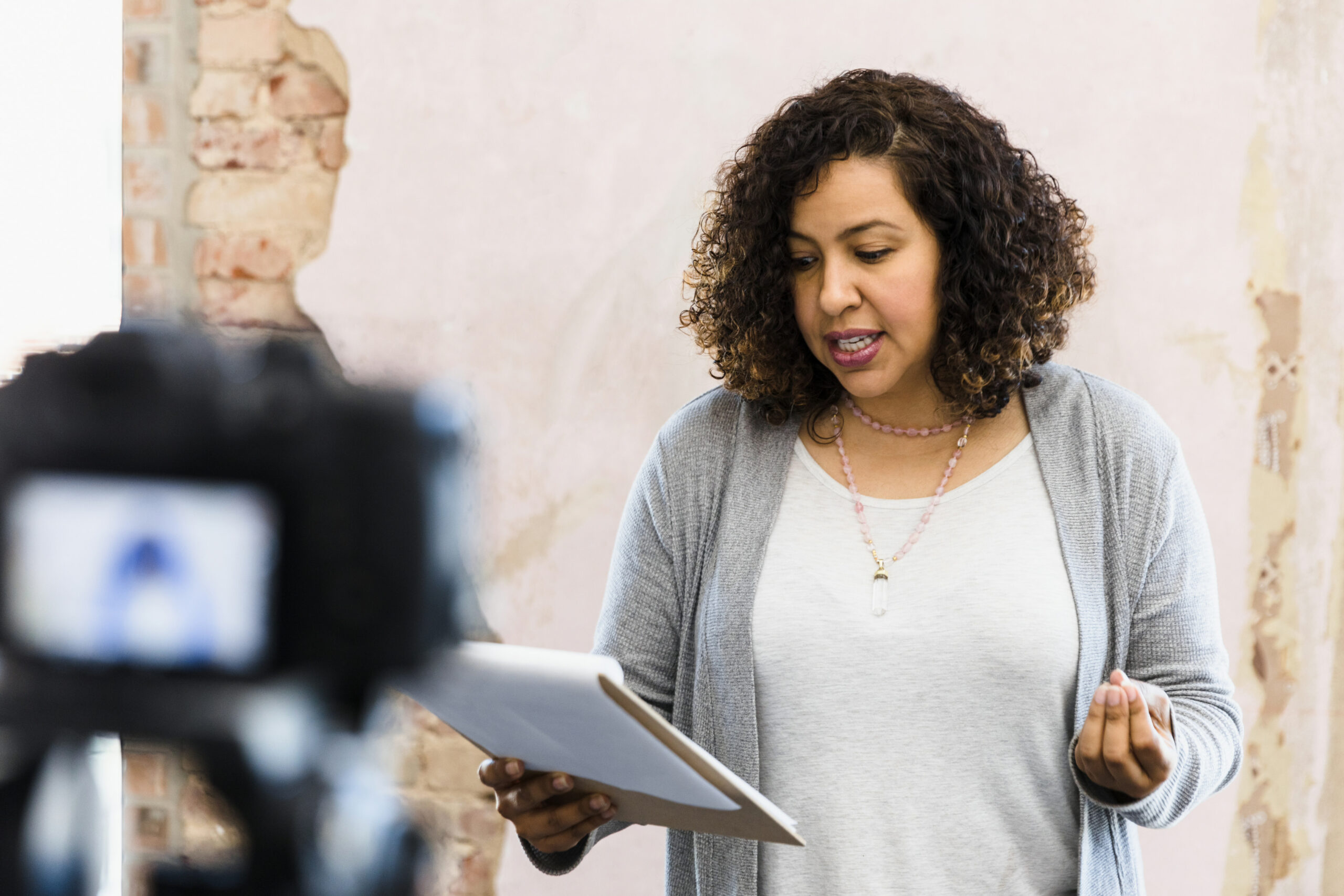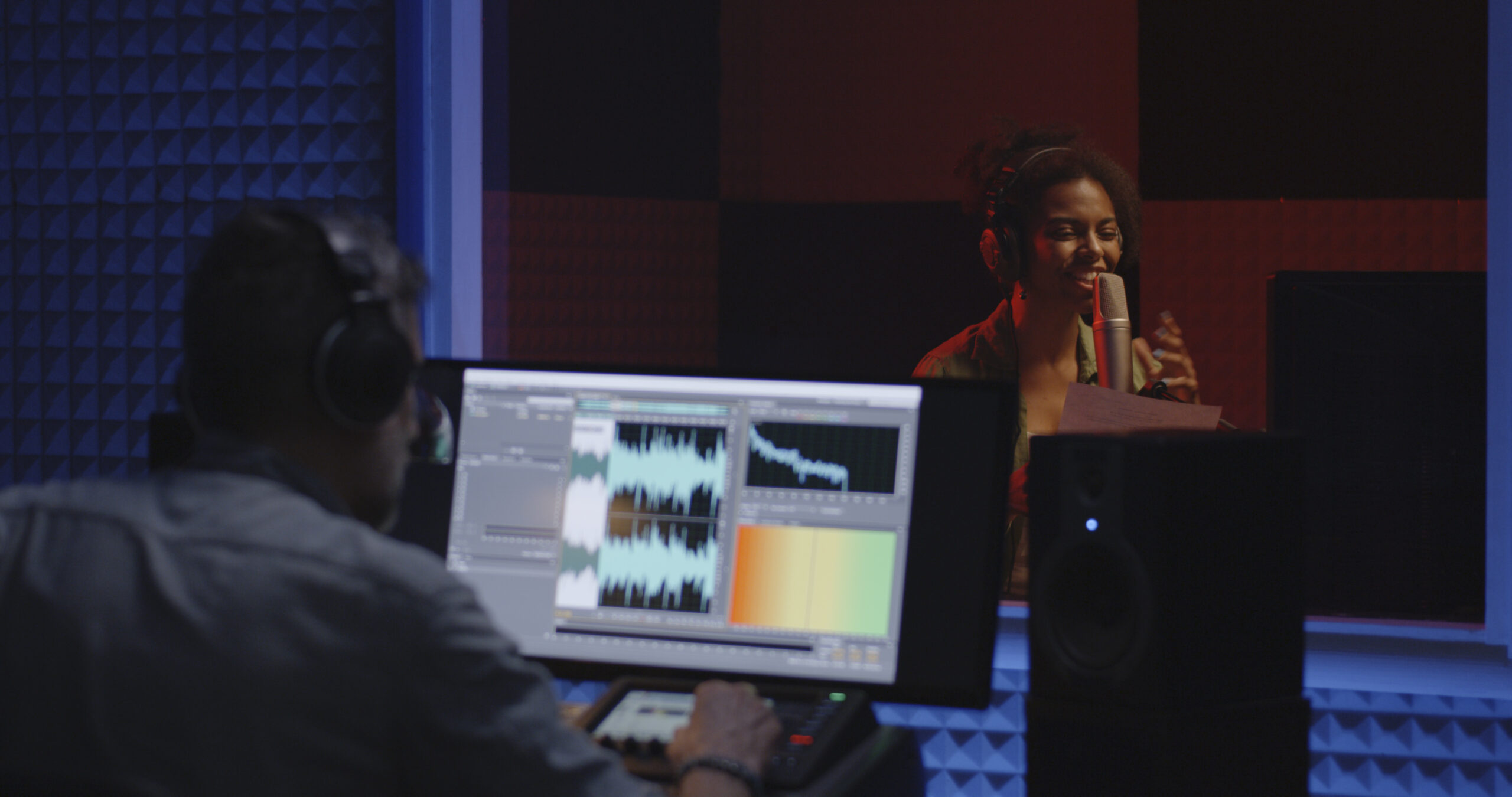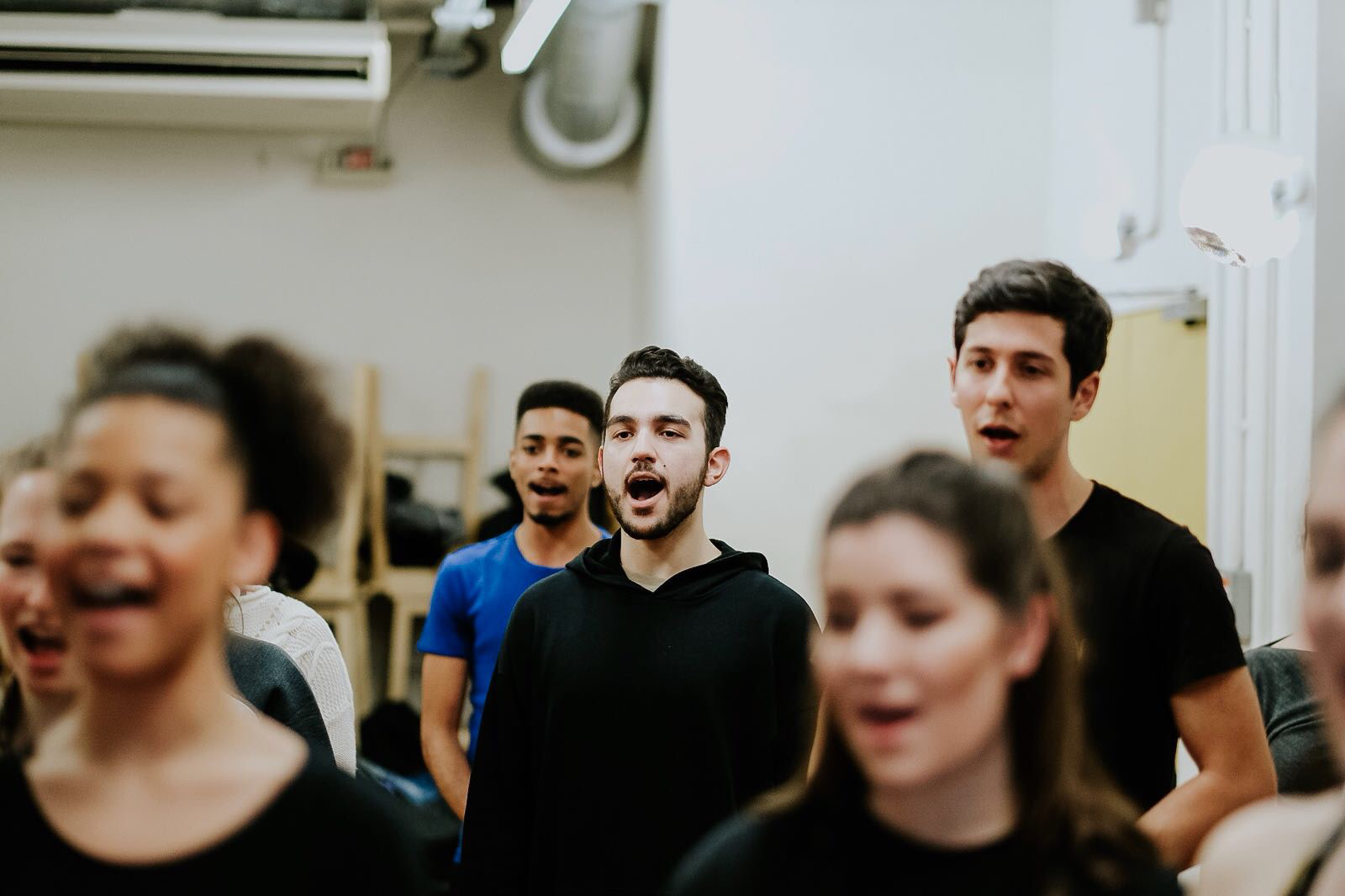We answer your questions about what audition sides are, how to prepare them and whether you need to be off-book in auditions.
You’ve been invited to an audition and given sides — this is an exciting moment! But what now? Here’s what you need to know.
What are audition sides?
Sides are a small section of the script actors are given before an audition for either a play, film or television show. The word ‘side’ originates from Shakespeare, who would give actors a small part of the script to save on paper and from having to write it out multiple times. Perhaps it was also a good way to keep the play a secret from competitors.
Sides can range from a few sentences to several pages. You may even be given multiple sides from different parts of the script. The sides might be from the original script, or it could be a ‘dummy side’ written solely for the audition, perhaps because the original script needs to be kept confidential.
How to Prepare a Side
When preparing sides for your audition, Michelle Danner, film and stage director and renowned acting coach recommends you “read like you are the most astute detective on Earth. Uncover all the clues that are in the text, in the subtext, and trust what your imagination gives you.”
Your interpretation of the character you’re auditioning for will be of great interest to the audition panel. Do as much research as you can, let your imagination play, and build an interpretation, or several, for the character you’re auditioning for.
Actor, Yassine Mkhichen, represented by AK Agents, explains that “Preparation is key but varies from actor to actor. I prepare by reading the script a number of times, trying to understand the circumstances presented to me. I then work on the character, digging for information, then look at the script and ask why, who, what, and when before bridging the given circumstances and my character together to paint the whole picture. Then I finally learn the lines!”
Do sides need to be memorized?
This can depend on the audition, and who is auditioning you. Some casting directors will prefer you off-book, whereas others don’t mind if you have your sides with you. It might be a good idea to check with your agent if there’s a preference.
Dr. Jessica Hartley, Course Leader on the MA/MFA Actor Training and Coaching, at The Royal Central School of Speech and Drama, says when preparing sides, “you can never know the lines well enough. Learn them well. But don’t learn intonation or rhythm, don’t set them. Make them easy in your mouth so they just fall out. Say them constantly.”
You’re likely to perform better if you know your lines well. If you don’t, casting directors may not want you off-book if you’re forgetting lines and slipping out of character. If you’re likely to forget lines, in most circumstances you’re better off keeping hold of the sides.
In an ideal world, you’d learn the lines thoroughly. But if you’re given little time with the sides, or it’s a large chunk of script, or perhaps several sides, it may not be possible to learn them in the time given. Also, if you’re not given much time, memorizing lines may not be the best use of your time. You may prefer to spend the limited time researching and creating the character you’re auditioning for instead of learning lines. There’s no one answer that fits all when it comes to being off-book, you’ll have to weigh up all the variables and make a choice.
You can hear what casting directors have to say about being off-book in auditions in this video.
Listen and be flexible
Be careful not to over-rehearse your sides as you might be directed in a new way, and the panel will be looking for how flexible you are, and how well you respond to direction. Likewise, don’t become set on your interpretation of a character as you might be asked to take them in a different direction, and you’ll need to be adaptable. Do go in with an interpretation and be prepared to change it.
Online Sides
For the initial stage of an audition, you may be asked to perform your sides as a self-tape filmed at home. Alice Currey, agent and founder of AK Agents, shines a light on how to prepare for this, “being fluent in technology for the quality of the self-taping process is an absolute must. Phones have good cameras and taping has been the norm for some time, so what is expected of actors are quality tapes. Ensure that noise and other distractions are at a minimum, the sound is clear, the lighting is good, and you film in a mid-shot with a plain wall – we prefer a grey or a blue rather than white. If the casting director hasn’t specifically requested just one take, include two or three options with different interpretations to show your range.”
How to successfully prepare sides varies depending on the performer and audition but be honest with yourself about what you need to do to excel. Prioritise the work that’s going to benefit your audition performance the most.
Hopefully, these tips will help you feel prepared and ready to nail that audition! We have lots more audition advice including the do’s and don’ts of auditions and even a pre-audition meditation to help you get in the right headspace.
 Sam is the author of ‘100 Acting Exercises for 8–18 Year Olds‘, published by Bloomsbury.
Sam is the author of ‘100 Acting Exercises for 8–18 Year Olds‘, published by Bloomsbury.
She worked as a freelance drama teacher for 11 years and ran a Youth Theatre, which grew into one of the largest regional Youth Theatres in the UK. She’s now a full-time writer, writing drama teaching resources, for The Stage newspaper, and fiction for young adults.
Headshot: Rosalind Hobley.
Photo credit: SDI Productions / iStock












